by Renata Johnson
George Washington was a slave owner for 56 years, beginning at the young age of 11 when his father died and he then inherited ten slaves. As a young man, George Washington purchased at least eight more slaves. Washington purchased more slaves in 1755, including four men, two women, and a child. Washington put an ad in the Maryland Gazette, on August 20, 1761, looking for four runaway slaves from his plantation. The description of the running slaves were very close to other Africans on many plantations.
Washington’s Descriptions of the 4 Runaway Slaves
Jack- “He is a well-made fellow, around 30 years old, stands about 6 feet high, small face with cuts down each cheek, being country marks. His feet are large (or long) he requires a great shoe. There is no certainty about the clothes he left in, but they were probably working clothes. Jack was purchase straight from the slave ship, so his English is broken and not understandable.”
Neptune- “His age is 25-30 years old. He is ‘well-fat’ about 5ft8 or 5ft9 and has thin jawed. His teeth are straggling and filed sharp. His back had many marks and dots from his shoulder to his waistband. He had a close shaved head and left in his working clothes.”
Cupid- “Cupid was around the age of 23 or 25 years old, a well-made black fellow. He stands at 5ft8 or 5ft9, round and full-faced, with broad teeth, the skin of his face is coarse, and inclined to be pimply, he has no other distinguished marks. He carried with him working clothes and an old coat overcoat.”
Peres-“The negro speaks much better than any of the slaves. He has little country dialect left, and is esteemed a sensible Negro.”
Washington went on to write that the Negroes went off without permission. Whoever apprehended the slaves would receive as a reward 40 shillings. It was nothing new for slaves to run away. Many ran in hopes that they would make good time before they were discovered. Slaves didn’t think that the masters were coming for them, they just wanted to gain time to get where they were going. Washington’s thoughts on slavery were contradictory and changed over time. This evolution culminated near the end of his life; Washington’s will mandated the freeing of his slaves upon his wife’s death, making him the only slaveholding Founder to put provisions for manumission in his will.
References:
http://www.slate.com/content/slate/blogs/the_vault/2015/07/10/george_washington_and_slavery_1761_newspaper_ad_seeking_four_fugitive_slaves.html

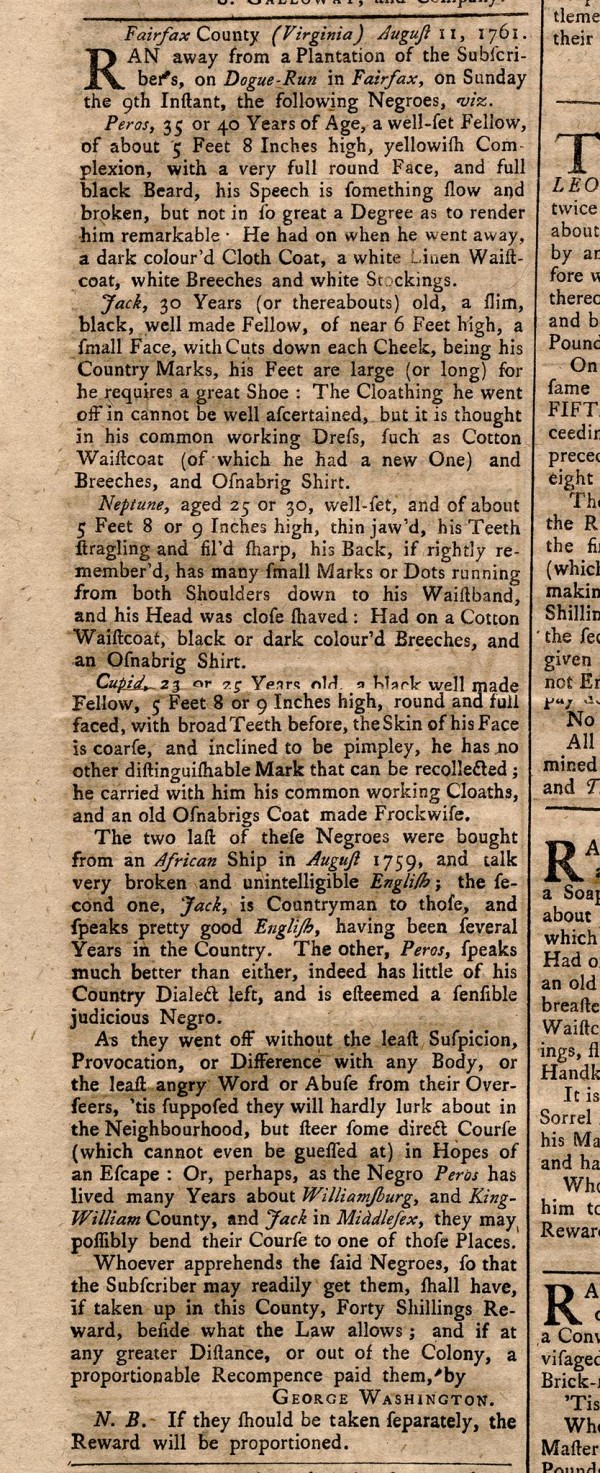




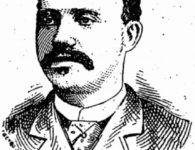

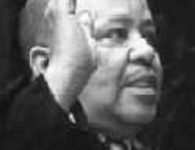
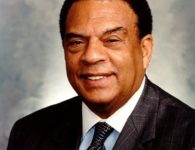

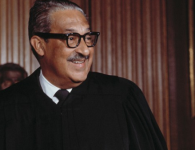


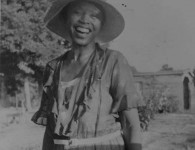
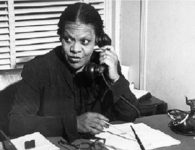

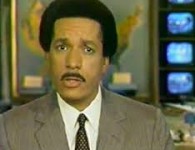

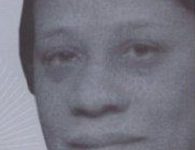

No comments